Amelia Curran - Interview
by John Clarkson
published: 6 / 9 / 2010
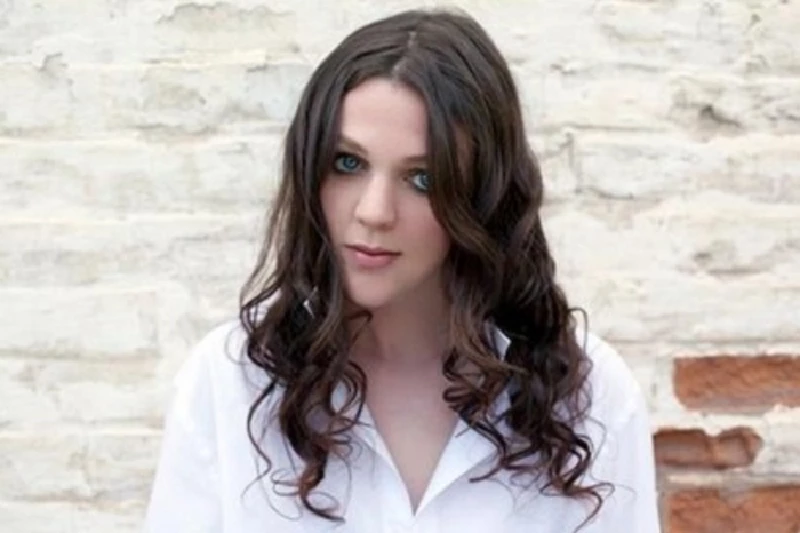
intro
Canadian singer-songwriter speaks to John Clarkson about her just released fifth album, 'Hunter, Hunter', and her forthcoming European tour
‘Hunter, Hunter’ is the fifth album of Canadian singer-songwriter. Amelia Curran. At one level ‘Hunter, Hunter’ can be seen as a continuation of what Curran has become renowned for doing for the last decade and, while its instrumentation is frequently sparse, her lyrics are both rich and lush. There are both acoustic solo and full band tracks and it dots about between a variety of styles including blues, country, folk and cabaret numbers. The songs, sung meanwhile tell of unrequited longing and desires and hint both of anguished, guilt slashed relations and ultimately redemption. At another level, it is, however, a departure for Curran as it is the first of her albums to be released on a record label. It is also the first of her records to be recorded in her home city of St John’s in Newfoundland where she lived until her early twenties, rather than Halifax in Nova Scotia where she has been based for the last decade. On the eve of a European tour, Pennyblackmusic spoke to Amelia Curran about her new album. PB: Your first three albums were self-releases. ‘War Brides’ , your fourth album, was self-released, before being re-released by Six Shooter Records. This is the first album that you have had a record label, which is again Six Shooter, behind you. Did that put a lot of pressure on you as a songwriter? AC: I actually discovered more pressure from the audience – or my idea of my audience – since ‘War Bride’s was so well loved. Following a simple, honest collection of songs struck me with a worry of alienation, or falling into trying too hard to impress both that audience and the label. It took me a long time – nearly two years – to be content with my song choices for ‘Hunter, Hunter’. But I think it’s always going to be difficult, and should be challenging, lest one end up making the same album over and over. PB: You have had a successful career in Halifax for the last ten years, yet decided to come back to your native St John’s to make this record. Why did you decide to return home? AC: Partially, the realization that I’d never made an album in St. John’s was just a bit embarrassing. Looking into it, I had the opportunity to work with a producer, Don Ellis and a lot of musicians whom I’d watched while growing as an artist, which is a very exciting thing for anyone. The pool of creativity and caring talent in St. John’s is deep and enviable and I’ll always feel lucky to be a part of it. PB: The album was recorded in a variety of locations around St John’s including an abandoned downtown building and an old farm house on the outskirts of town. What do you think those locations brought to the atmosphere of the album? AC: This is very hard to say. Throughout the production of the album I struggled with a lot of decisions – it was a bit like making a quilt, or a collage, but having to excavate the materials from badly written clues. I had a lot of back-and-forth with song choice, writing and re-writing, recording and re-recording, and so the changing locations were actually very fitting. PB: You have said that you see songwriting as “an act of expressing the inexpressible, a means of describing the indescribable.” The listener might get the approximate idea of what you’re singing about, but is rarely given the full one and things seem to be kept just open enough in your songwriting for him or her to put his or her own interpretation on events. When you talk about “describing the indescribable”, are you as a songwriter simply trying to do that for yourself and to make sense of your own life or, by opening things out in this way, are you also aiming for something more worldly? AC: I find song writing to be a very precise event, where everything must be in its place in order for the song to be able to “happen” correctly. While I do think a lot of my lyrics can be seen as broad, for me it is about the right choice of words to say something that would otherwise be difficult to say. I don’t know that I have a particular aim to be vague or specific – there is a small balance in trying to be as honest as possible with the feeling at the time. PB: You have said about ‘Hunter Hunter’ that “it’s 'Hunter Hunter' not 'Hunter Gatherer'....It conveys a kind of haunting – a vibe of necessary cruelty to dig down to the deeper meanings of being alive day by day.” The final songs on the album, and ‘Wrecking Ball’ and ‘Last Call’, have a real redemptive quality. In light of that what did you mean by the last statement and that “vibe of necessary cruelty”? AC: ‘Wrecking Ball’, in particular, I feel is a good example. The idea behind it being that while we grow, while we work on our human desires to be better, smarter, faster – there exists a self destructive voice in all of us – the wrecking ball – and that true growth, true betterment, is in being able to be destroyed by that and emerge on the other side of those self propelled hardships. This really doesn’t sound like I want it to sound. But that’s why it’s a song, and not an email . . . perhaps I just mean that anyone who’s lived without at least a small experience with that kind of cruelty may not have a very wide spectrum of understanding. PB: The album cover suggests something old worldly and songs such as ‘The Company Store’ and ‘The Dozens’ similarly seem to have that feel. Was that something which you were aiming for with this record? The piece on the cover is painted by Martin Tielli, one of my favourite artists/musicians – and the credit of that theme lies with him and his ability to translate, to put the ghost of the record front and centre. For me, it is an honour to have his work as the symbol of that song collection. PB: You’re also a playwright and an actor. How do you balance out your dramatic career with your musical career? AC: By not having a dramatic career! I started in the theatre arts, and it’s a wonderful and complete artform that I do miss fairly often, though I don’t find the opportunities to work in it very much anymore. I do still write other forms – plays, stories, poetry, and am working hard to build an endurance to the novella format. PB: You’re about to tour Europe. Is this your first tour of Europe and will you be travelling solo or bringing a band with you? AC: I toured Europe a year ago with Melissa McLelland, so this will be my second tour. I’m playing solo, and sharing the shows with Justin Rutledge this time around. PB: Thank you.
Band Links:-
https://twitter.com/amelia_curranhttps://www.facebook.com/AmeliaCurranMusic
http://ameliacurran.com/
Picture Gallery:-
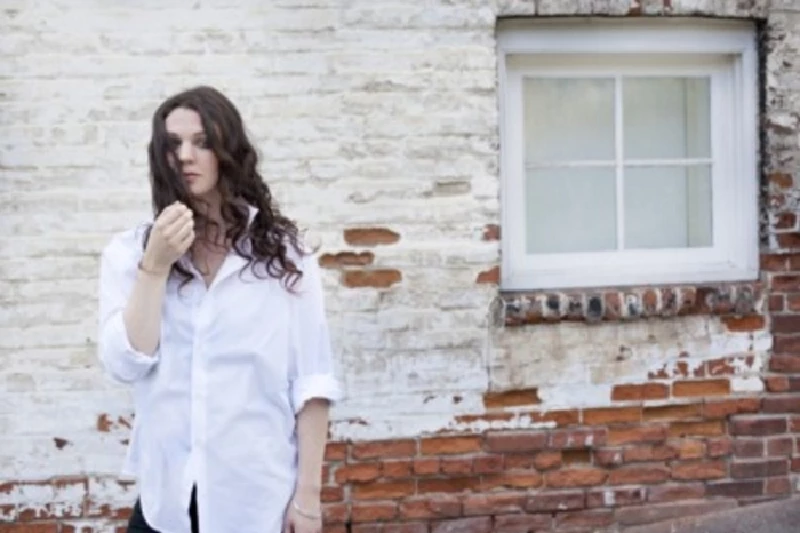
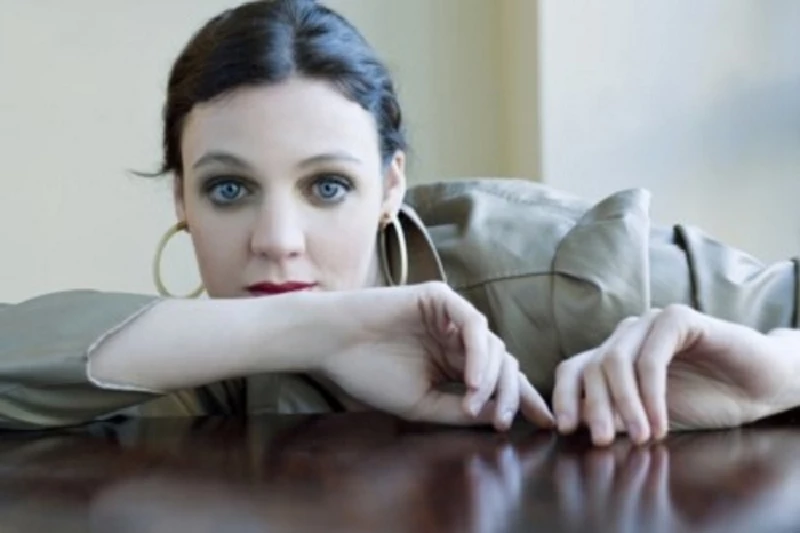
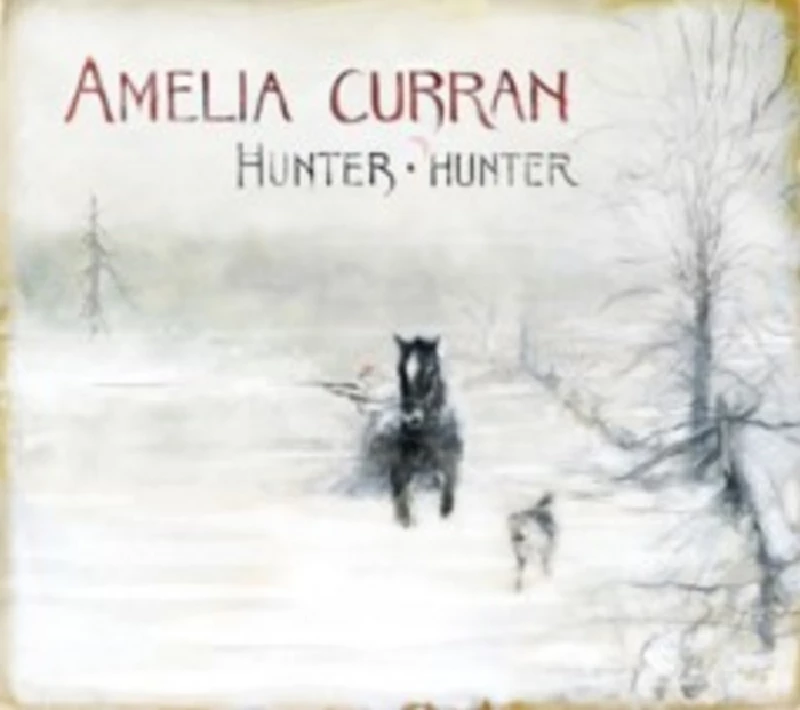
interviews |
|
Interview (2013) |
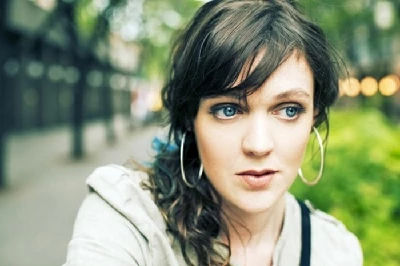
|
| Critically acclaimed Canadian singer-songwriter Amelia Curran speaks to John Clarkson about her just-released sixth album, 'Spectators' |
reviews |
|
Watershed (2017) |
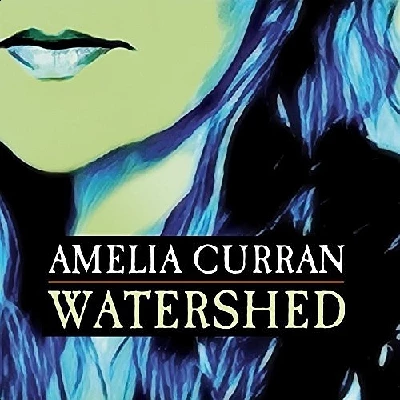
|
| Canadian Juno award winner Amelia Curran’s eighth album proves her most diverse yet captivating set of songs to date |
| They Promised You Mercy (2015) |
most viewed articles
current edition
Spear Of Destiny - InterviewRobert Forster - Interview
Fiona Hutchings - Interview
When Rivers Meet - Waterfront, Norwich, 29/5/2025
Carl Ewens - David Bowie 1964 to 1982 On Track: Every Album, Every Song
Brian Wilson - Ten Songs That Made Me Love...
Chris Wade - Interview
Pistol Daisys - Waterfront, Norwich, 29/5/2025
Credits - ARC, Liverpool, 17/5.2025
Nils Petter Molvaer - El Molino, Barcelona, 24/4/2025
previous editions
Heavenly - P.U.N.K. Girl EPBarrie Barlow - Interview
Boomtown Rats - Ten Songs That Made Me Love....
Oasis - Oasis, Earl's Court, London, 1995
Dwina Gibb - Interview
Beautiful South - Ten Songs That Made Me Love...
Sound - Interview with Bi Marshall Part 1
Manic Street Preachers - (Gig of a Lifetime) Millennium Stadium, Cardiff, December 1999
Trudie Myerscough-Harris - Interview
Serge Gainsbourg - Ten Songs That Made Me Love...
most viewed reviews
current edition
Peter Doolan - I Am a Tree Rooted to the Spot and a Snake Moves Around Me,in a CircleGarbage - Let All That We Imagine Be The Light
Vinny Peculiar - Things Too Long Left Unsaid
Little Simz - Lotus
John McKay - Sixes and #Sevens
Suzanne Vega - Flying With Angels
HAIM - I Quit
Vultures - Liz Kershaw Session 16.06.88
Billy Nomates - Metalhorse
Eddie Chacon - Lay Low
Pennyblackmusic Regular Contributors
Adrian Janes
Amanda J. Window
Andrew Twambley
Anthony Dhanendran
Benjamin Howarth
Cila Warncke
Daniel Cressey
Darren Aston
Dastardly
Dave Goodwin
Denzil Watson
Dominic B. Simpson
Eoghan Lyng
Fiona Hutchings
Harry Sherriff
Helen Tipping
Jamie Rowland
John Clarkson
Julie Cruickshank
Kimberly Bright
Lisa Torem
Maarten Schiethart